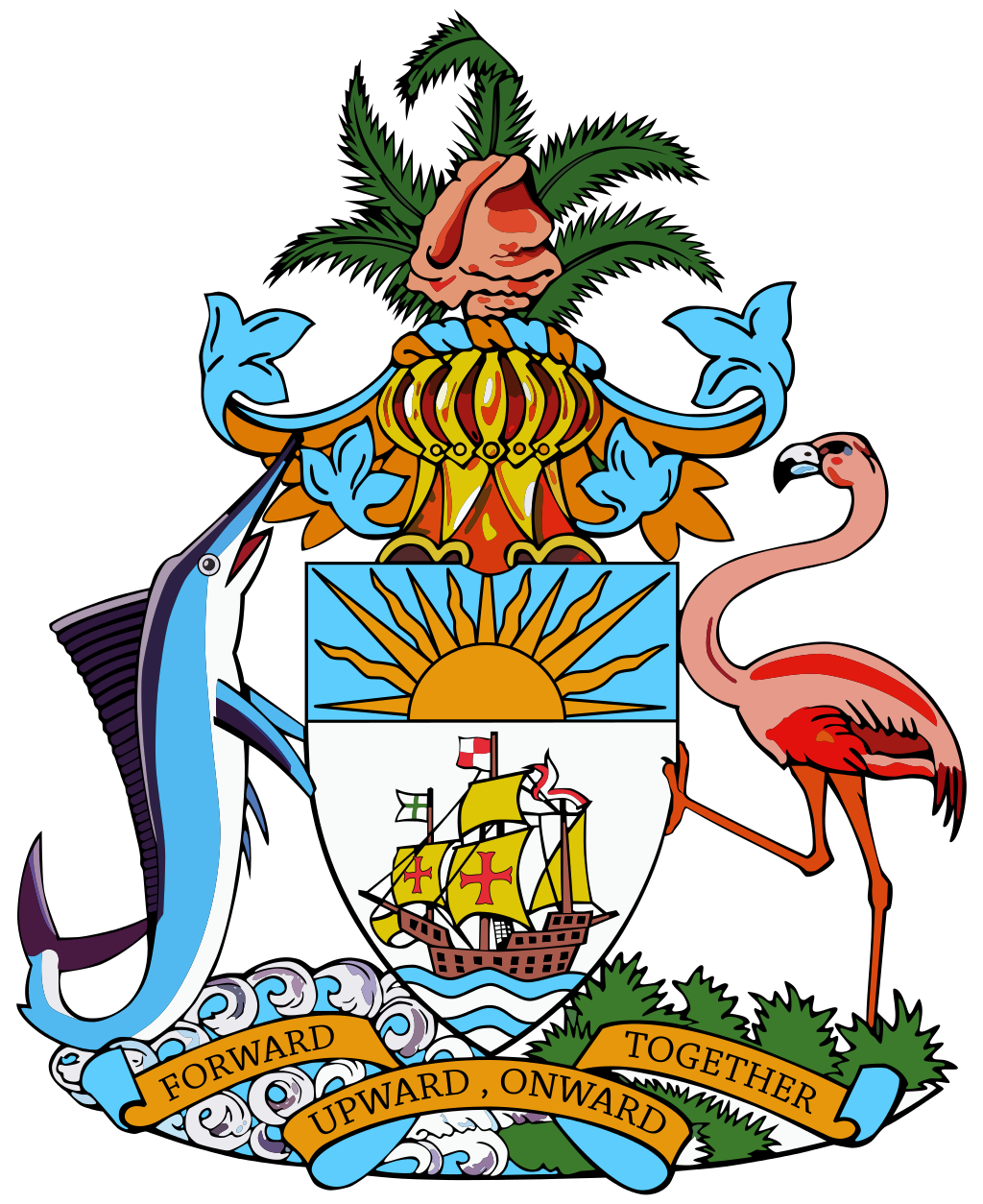Location
Lucayan Indians inhabited the islands when Christopher COLUMBUS first set foot in the New World on San Salvador in 1492. British settlement of the islands began in 1647; the islands became a colony in 1783. Since attaining independence from the UK in 1973, The Bahamas has prospered through tourism, international banking, and investment management. Because of its location, the country is a major transshipment point for illegal drugs, particularly shipments to the US and Europe, and its territory is used for smuggling illegal migrants into the US.
The Bahamas is a parliamentary democracy under a constitutional monarchy.
Source: CIA World Factbook
Members:
Resources
Displaying 51 - 55 of 86Validation of Gratuitous Conveyances Act (Cap. 145).
This Act stipulates that in a voluntary conveyance or in a conveyance where the consideration is nominal, a resulting trust for the grantor shall not be implied merely by reason of the absence of valuable consideration or of a substantial consideration or of any words expressly rebutting a resulting trust or by reason that the land is not expressed to be conveyed for the use or benefit of the grantee.
Roads Act (Cap. 201).
This Act concerns the classification, declaration, construction, maintenance and control of public roads and some related matters such as the restriction on the discharge of water and other liquids from private lands onto public roads, the duty of owners of adjoining land in relation with vegetation, restriction on the removal of sand from coastal areas in the vicinity of public roads and the (compulsory) acquisition of land by the Minister and exchange of land for purposes of this Act.
Voluntary Conveyances Act (Cap. 144).
This Act defines the legality of voluntary conveyance of any lands, tenements or hereditaments which are in fact made bona fide and without any fraudulent intent for purposes of a specified piece of United Kingdom legislation. This Act does not apply in any case in which the author of a voluntary conveyance of any lands, tenements or hereditaments has subsequently, but before the passing of this Act, disposed of or dealt with the same lands, tenements or hereditaments to or in favour of a purchaser for value.
Rule against Perpetuities (Application to Future Easements) Act (Cap. 146).
For the avoidance of doubt, this Act declares that the rule against perpetuities shall apply to future easements and such easements shall be void. The Act also stipulates that a covenant not to interfere with the exercise of rights which, if directly granted, would constitute an easement declared void under this Act, shall not be enforceable against a purchaser of land affected thereby.
Law of Property and Conveyancing (Condominium) Act (Cap. 139).
This Act makes provision for real property rights in relation with common property in condominium. This Act shall apply only to property as hereinafter defined which is expressly made subject to the provisions of this Act by a Declaration, i.e. an instrument duly executed under seal by the person or persons having the legal and equitable title in fee simple absolute to the property to which the Declaration relates.


